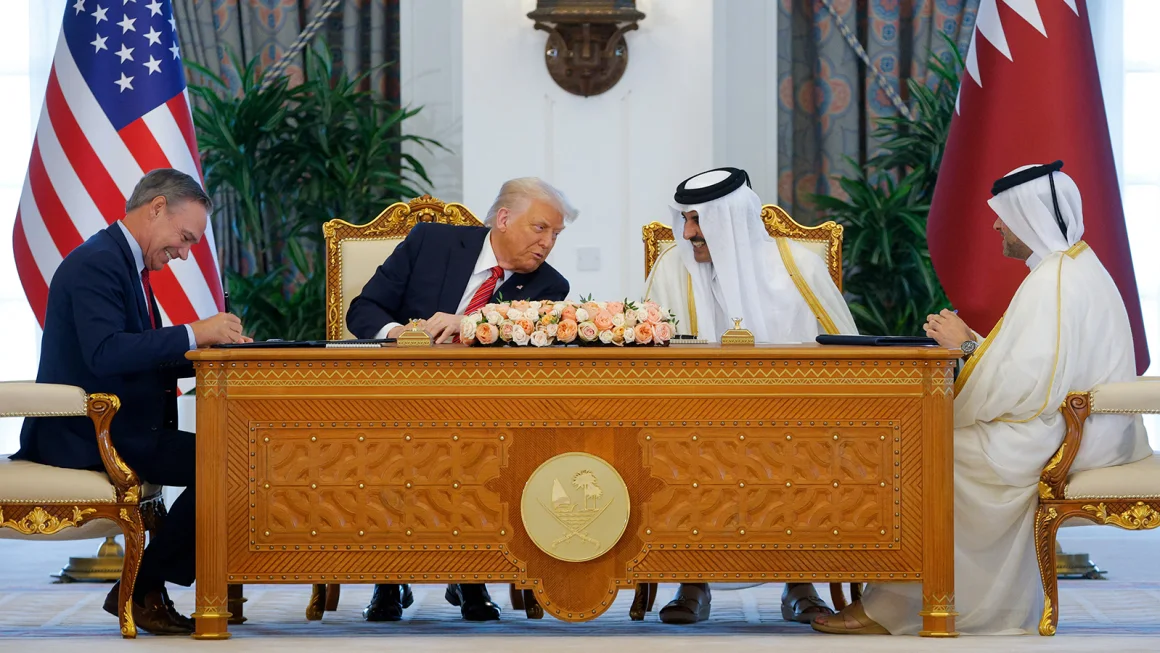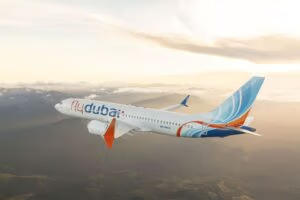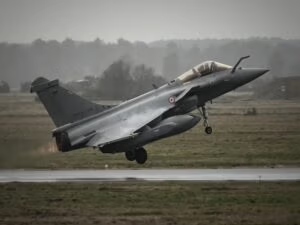Boeing has landed its biggest-ever widebody aircraft order, securing a deal with Qatar worth up to $96 billion — a move hailed by the White House as a historic milestone for the American aerospace giant. The agreement includes the sale of up to 210 jets, solidifying Boeing’s relationship with Qatar Airways and providing a much-needed boost to the manufacturer after a turbulent stretch.
Here’s what you need to know about the deal, its context, and why it’s become a politically sensitive issue.
What’s in the deal?
Boeing will sell 130 of its 787 Dreamliner jets — a popular long-haul widebody — and 30 of its larger 777-9 aircraft. The agreement also includes options for an additional 50 Dreamliners and 777X aircraft, bringing the potential total to 210 jets.
“We are deeply honored that Qatar Airways has placed this record-breaking order with Boeing, one that solidifies their future fleet with our market-leading widebody airplane family at its center,” said Stephanie Pope, president and CEO of Boeing Commercial Airplanes.
The order coincides with other major agreements between the United States and Qatar totaling over $243 billion, including deals involving GE Aerospace engines and defense cooperation.
Why is this deal significant for Boeing?
The announcement comes at a critical time for Boeing, which has struggled in recent years. In early 2024, a door plug incident on an Alaska Airlines 737 Max reignited concerns about safety, leading to regulatory scrutiny and a dip in airline confidence. Gross orders for Boeing fell to 569 last year — a 60% decline from 2023 — and deliveries were down 34%, partly due to a massive machinists’ strike in the fall.
Wednesday’s deal helps shift momentum. Boeing’s stock rose slightly on the news, and the White House is framing the deal as a win for American manufacturing and trade diplomacy.
Why is it controversial?
The timing of the order — and its political backdrop — has drawn scrutiny. On the same day the deal was announced, President Donald Trump was in Doha, promoting what his administration called “Liberation Day” economic agreements. The White House dubbed Trump the “dealmaker in chief” and touted the Boeing order as evidence of American diplomatic and economic strength abroad.
However, controversy erupted over Trump’s plan to use a Boeing 747-8, reportedly purchased by Qatar, as Air Force One — at least initially — before donating it to his presidential library. Critics across the political spectrum have raised concerns that the deal gives the appearance of influence peddling.
Qatar’s prime minister, Sheikh Mohammed bin Abdulrahman bin Jassim Al-Thani, dismissed these concerns in an interview with CNN’s Becky Anderson, calling the arrangement a “government-to-government transaction,” and “not a personal gift to Trump.”
What else is part of the U.S.-Qatar engagement?
The Boeing deal was just one piece of a broader set of agreements between the two countries. U.S. Defense Secretary Pete Hegseth signed defense cooperation documents, including letters for MQ-9B remotely piloted aircraft and FS-LIDS anti-drone systems.
The Boeing order also fits into a larger trade strategy by the Trump administration. Commerce Secretary Howard Lutnick recently announced a $10 billion Boeing jet purchase by British airline IAG as part of wider trade negotiations.
Trump’s delegation continues its Middle East tour, with stops in Saudi Arabia — where $600 billion in tech and defense deals were announced — and the United Arab Emirates. The Boeing deal, while a commercial breakthrough, underscores how global business, politics, and diplomacy continue to collide in high-stakes fashion.






